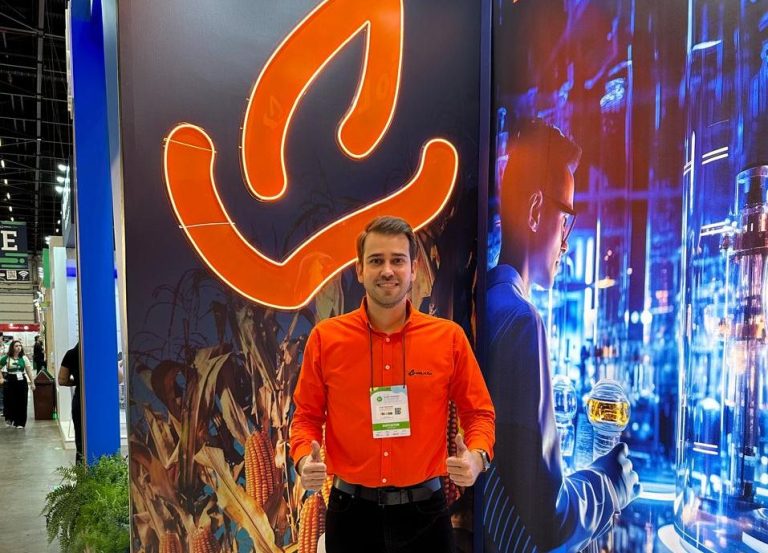São Paulo – The Brazilian company Milhão Ingredients has found an opportunity for its non-GMO (genetically modified organisms) corn ingredients by catering to the demand for healthy products in Arab countries. The company first set its sights on the Arab market a year ago. It ships product to Egypt, the UAE, Bahrain, and Qatar, with plans in place for further growth across the region, Foreign Trade executive manager Valdo Rodrigues said.
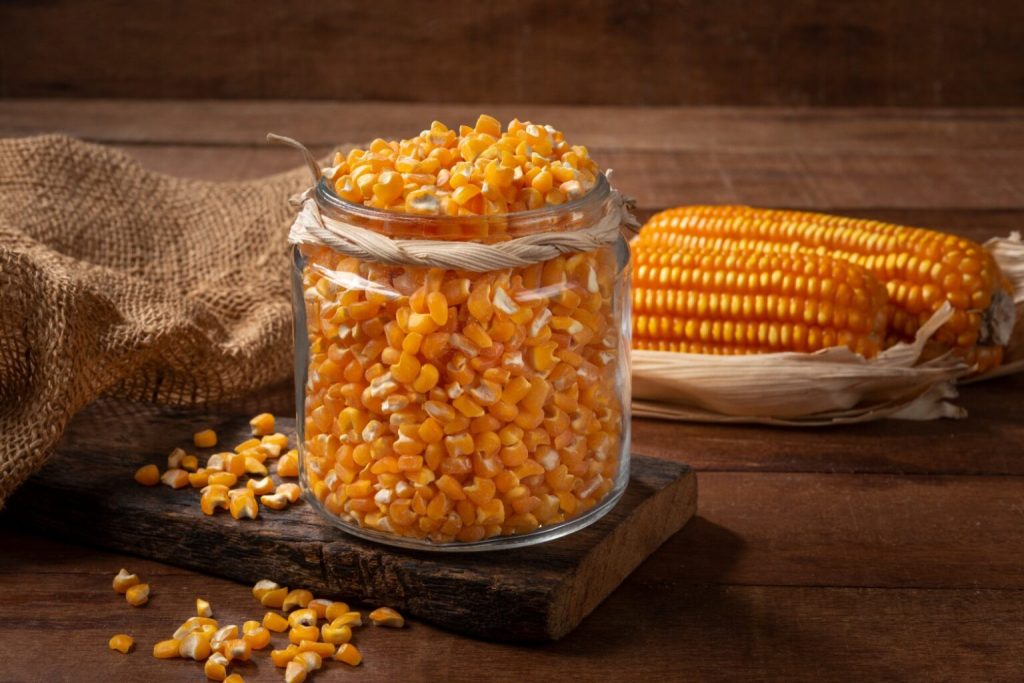
When GMO grain farming got approved in Brazilian national territory, Milhão chose to go the opposite route by keeping its product GMO-free and certified. As a result, it uncovered a growing market that got a recent tailwind from mounting global concerns over sustainability and healthiness when it comes to crops as well as dining tables.
Milhão makes over 45 different non-transgenic corn ingredients, including corn flour, cornmeal, hominy, grits, and corn oil. Although it will occasionally deliver corn grain to clients in need, the company is mostly about processed corn. Milhão’s clients are manufacturers that process the items into their own product formulations, which they then sell to end buyers.
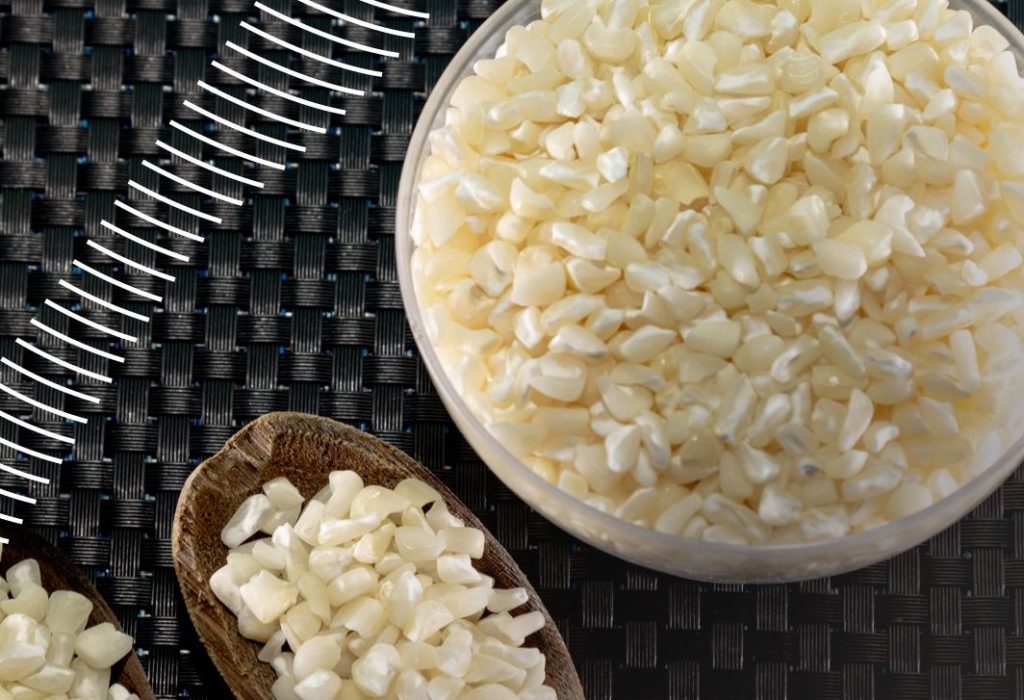
“We’re not in the commodity business, we’re in the ingredients business. As much as corn is treated as a commodity, what we do is we sell ingredients,” says Rodrigues. Unlike most corn-based business, Milhão focuses on human nutrition. While it does have an animal nutrition division, that is not its core business. Milhão occasionally supplies human nutrition-grade product for very high-end pet food manufacturing as per market demand.
The company supplies a wide variety of product, underpinned by the certifications it has. Corn ingredients can be organic, vegan, vegetarian, gluten-free, halal, kosher, etc. “If you need conventional non-GMO corn, we have it. If you need organic non-GMO corn, we also have it,” says Rodrigues.
The world wants corn
In business for 22 years, Milhão processes 60,000 tons of corn per month. It got into exports in 2008, and currently, it sells to 67 countries, but the goal is to see much bigger growth abroad in the next five to ten years. “We have a big focus on exports at our company,” says the manager. According to him, the premier foreign markets are the Middle East and Europe.
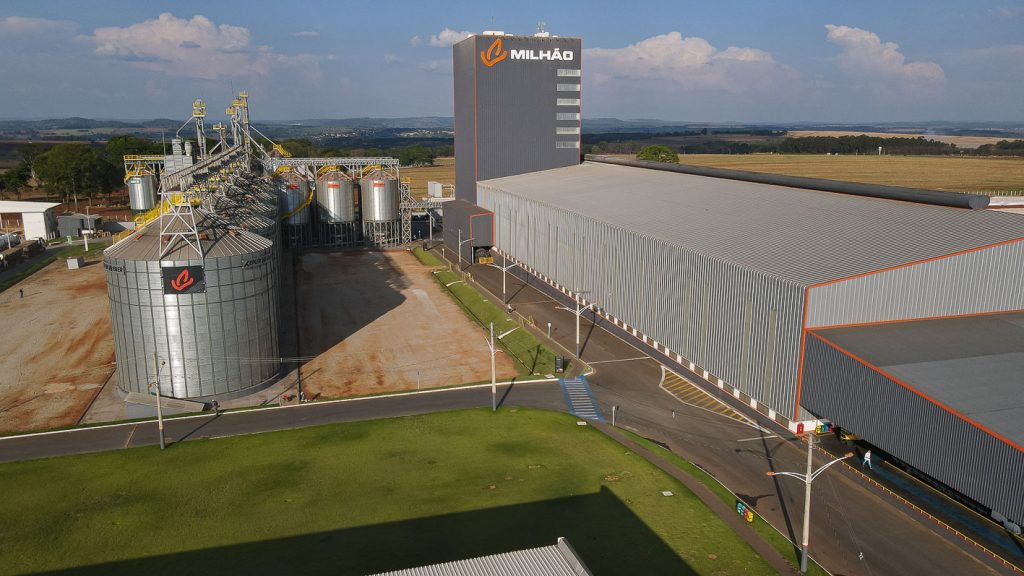
Rodrigues’ perception is that demand for non-transgenic corn in Arab countries is on the way up. “Egypt is a major target, as it is a large country with one of the highest birth rates in the world,” he claims. He regards Arab countries as being very concerned with healthiness and having growing purchasing power. “You look at a Qatar, a Bahrain, and they’re really interested in our products,” he says.
Halal certification drives business in the region, according to Rodrigues. This year, Milhão joined the Halal do Brasil Project, an initiative of the Arab Brazilian Chamber of Commerce and the Brazilian Trade and Investment Promotion Agency (ApexBrasil) to drive high value-added Brazilian food sales to Muslim countries.
Milhão was founded by the brothers Luciano and Leandro Carneiro. Early this year, the Brazilian multinational business Amaggi acquired a stake in the company. Milhão boasts four manufacturing units, mostly geared towards corn processing, in Goianira, Goiânia, and Rio Verde, all in the state of Goiás. In 2025, a new plant is slated to go online, at which point the company will have 1,000 employees.
Partnering up for regeneration
Besides growing its own corn, Milhão has partnered up with some 180 farmers that supply it with grain. The farmers have all signed into Milhão’s regenerative farming program, which lays down guidelines for good farming practices. Basic mandatory requirements must be adhered to as it relates to non-GMO product, and partners can get benefits by embracing additional practices.
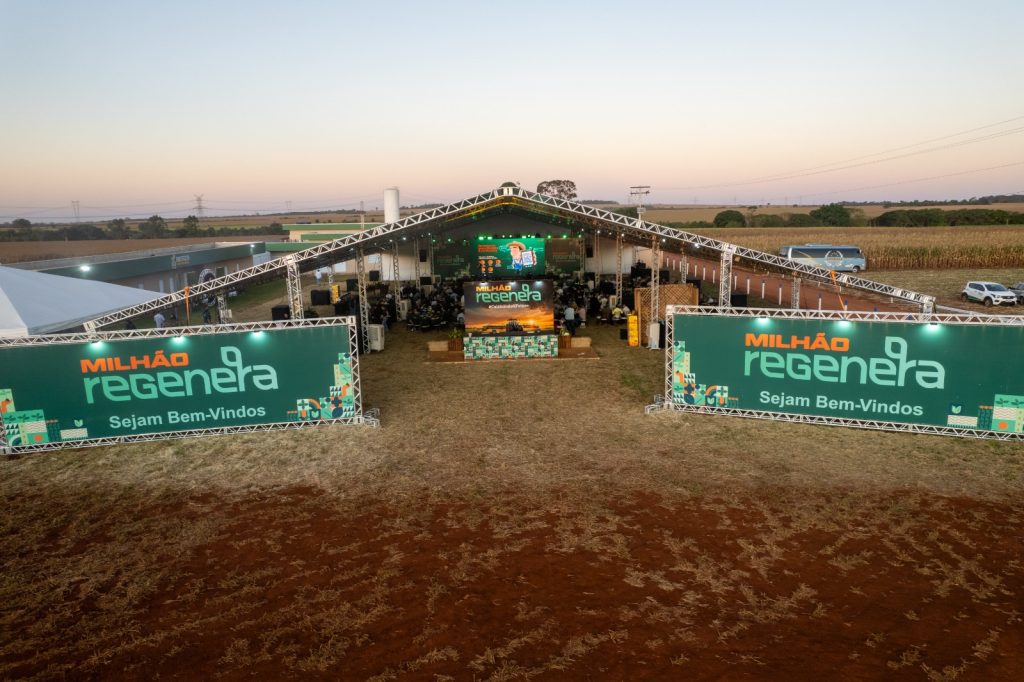
Those guidelines include pest control through biological pesticides only, crop rotation, no-till farming, and a pledge not to cut down any trees, destroy any forests, or grow in illegal areas, among other practices. “Regenerative farming and sustainability work is very mature and taken very seriously at Milhão,” the executive manager says.
The company has pledged to attain zero carbon emissions by 2030, and it fuels its vehicles with ethanol only. According to Rodrigues, Milhão has 25 different certifications under its belt, including one from the Non-GMO Project, one of the strictest, most thorough non-GMO labels in the world. According to Rodrigues, corn by Milhão is virtually toxin-free, which affords it access to multiple markets.
Read more:
Instant coffee from Brazil: A brewing success
Qatar makes progress in establishing green economy



